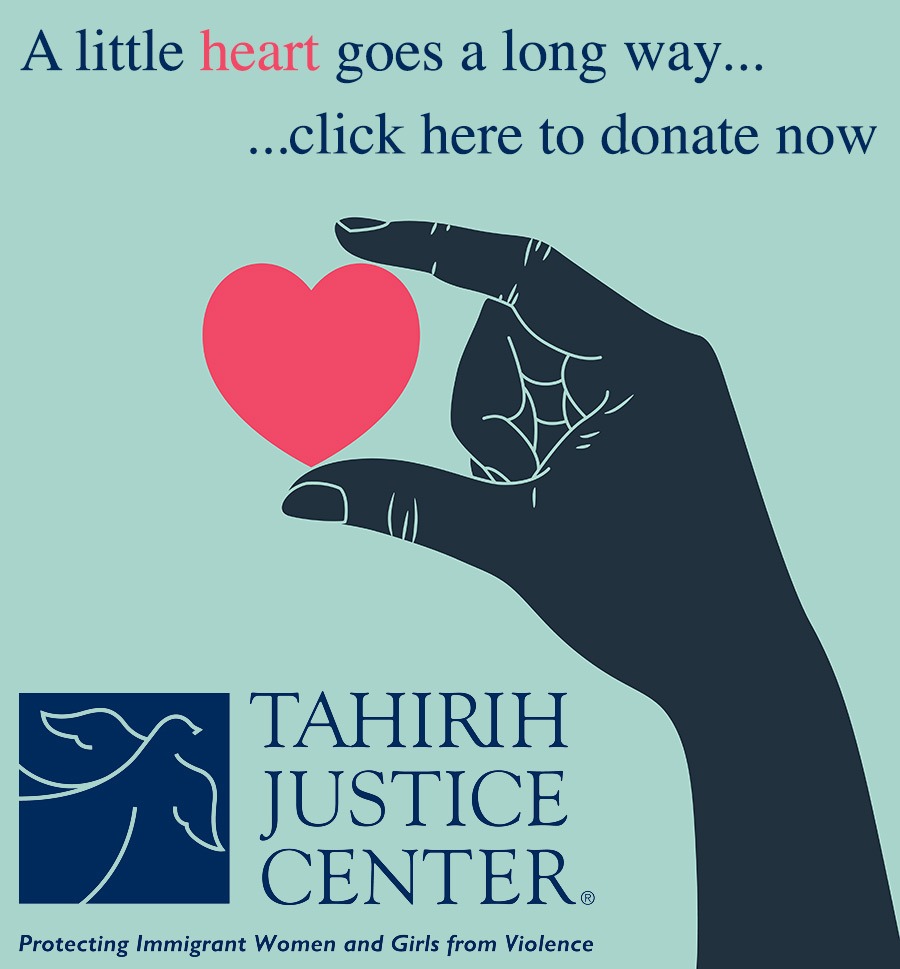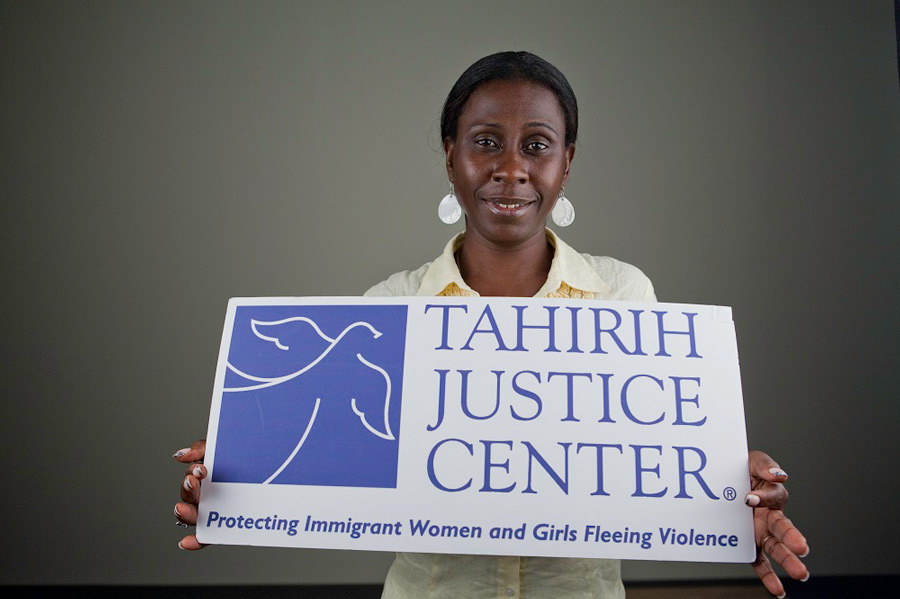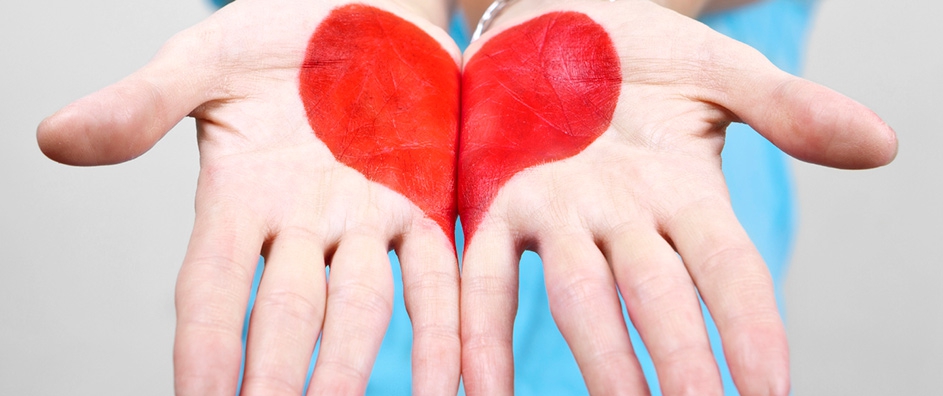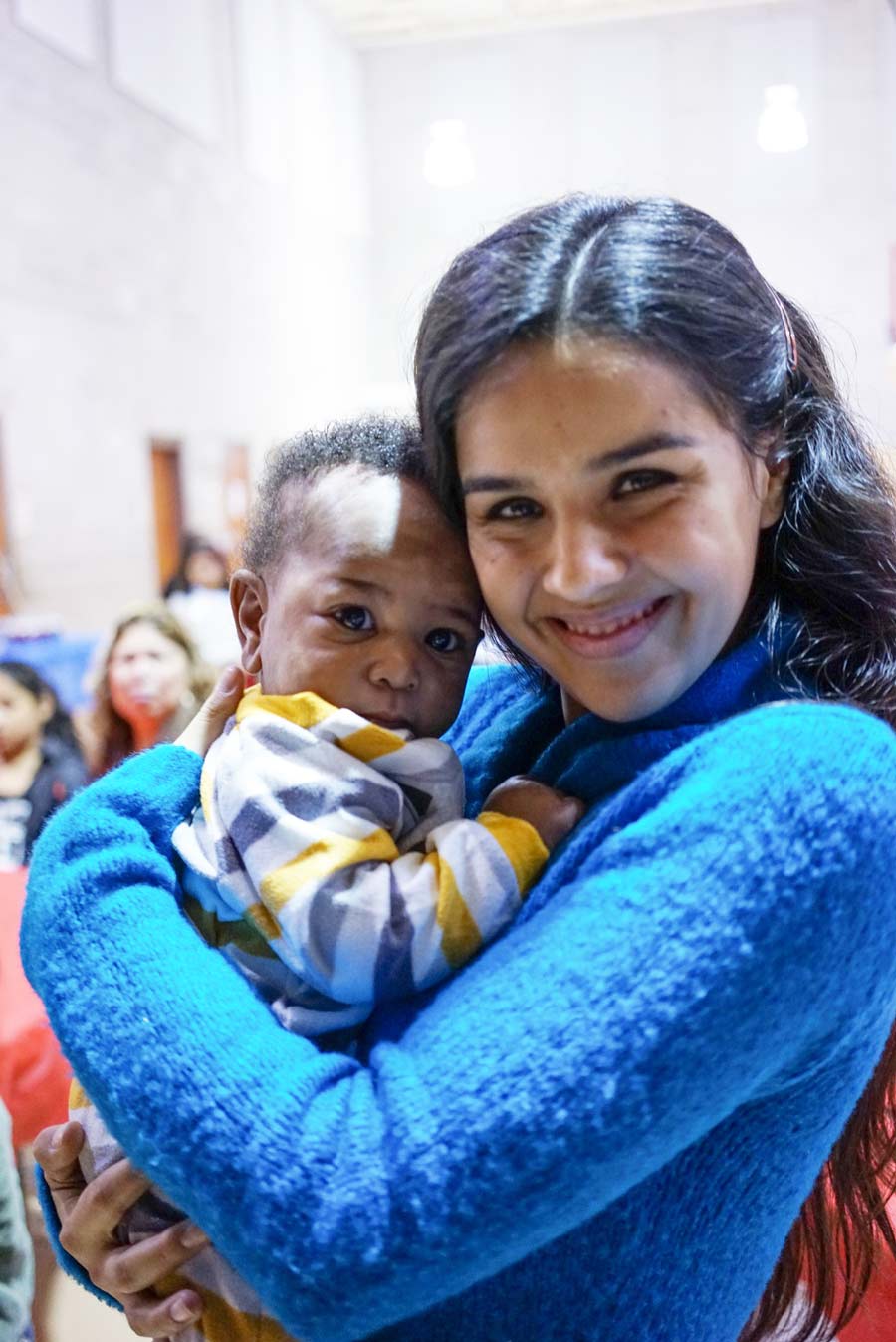The views expressed in our content reflect individual perspectives and do not represent the authoritative views of the Baha'i Faith.
 Baha’i children wait all year for this exciting time, after watching their friends receive gifts during Christmas and Hanukkah. Baha’is around the world celebrate these holy days, called Ayyam-i-Ha, with fellowship, feasts, gifts, and acts of service. Charity plays a central part in Ayyma-i-Ha—giving to those who are in need.
Baha’i children wait all year for this exciting time, after watching their friends receive gifts during Christmas and Hanukkah. Baha’is around the world celebrate these holy days, called Ayyam-i-Ha, with fellowship, feasts, gifts, and acts of service. Charity plays a central part in Ayyma-i-Ha—giving to those who are in need.
The prophet and founder of the Baha’i Faith, Baha’u’llah, encourages Baha’is during Ayyam-i-Ha to “provide good cheer for themselves, their kindred and, beyond them, the poor and needy.” – The Most Holy Book, p. 24.
Charity plays a prominent role in the Baha’i Faith, both in its history and in the daily life of Baha’is. Dating back to the late 1800s, both Baha’u’llah and his son Abdu’l-Baha were called “Father of the Poor” by those living in the villages where they resided. When not imprisoned for their Faith, they would hand out money, food and clothing to those who needed them, encouraging others by the force of their examples to engage in magnanimous acts of service.
A western Baha’i visiting Abdu’l-Baha in Palestine recalled:
Tahirih Justice staff member with the child of a client
This morning about one hundred were ranged in line, seated and crouching upon the ground in the open street of the court where Abdu’l-Baha’s house stands. And such a nondescript collection of humanity they were! All kinds of men, women and children—poor, wretched, hopeless in all aspect, half-clothed, many of them crippled and blind, beggars indeed, poor beyond expression—waiting expectantly until from the doorway came Abdu’l-Baha…. Quickly moving from one to another, stopping sometimes to leave a word of sympathy and encouragement, dropping small coins into each eager outstretched palm, touching the face of a child, taking the hand of an old woman who held fast to the hem of His garment as He passed along, speaking holy words of light to old men with sightless eyes, inquiring after those too feeble and wretched to come after their portion with a message of love and uplift—this is what we saw with our Western eyes untrained to holy scenes—this is Abdu’l-Baha. – Baha’i World, Volume 9, p. 808.
Baha’is also give money to help support the work of their Faith, but giving charitably to those in need has a special spiritual purpose, distinct from donating to the funds of the Baha’i Faith. Giving charitably pleases God:
Charity is pleasing and praiseworthy in the sight of God and is regarded as a prince among goodly deeds. – Baha’u’llah, Tablets of Baha’u’llah, p. 71.
Giving charitably renders wealth praiseworthy:
Wealth is praiseworthy in the highest degree, if it is acquired by an individual’s own efforts and the grace of God, in commerce, agriculture, art and industry, and if it be expended for philanthropic purposes. Above all, if a judicious and resourceful individual should initiate measures which would universally enrich the masses of the people, there could be no undertaking greater than this, and it would rank in the sight of God as the supreme achievement, for such a benefactor would supply the needs and insure the comfort and well-being of a great multitude. – Abdu’l-Baha, The Secret of Divine Civilization, p. 24.
The Baha’i teachings consider charitable giving a “supreme achievement:”
Above all, if a judicious and resourceful individual should initiate measures which would universally enrich the masses of the people, there could be no undertaking greater than this, and it would rank in the sight of God as the supreme achievement, for such a benefactor would supply the needs and insure the comfort and well-being of a great multitude. – Ibid.
Giving charitably confers happiness and delight on the giver:
…the honor and distinction of the individual consist in this, that he among all the world’s multitudes should become a source of social good. Is any larger bounty conceivable than this, that an individual, looking within himself, should find that by the confirming grace of God he has become the cause of peace and well-being, of happiness and advantage to his fellow men? No, by the one true God, there is no greater bliss, no more complete delight. – Ibid., pp. 2-3.
Giving charitably is a cause for forgiveness after death:
Should a wealthy man choose to bequeath, upon his death, a portion of his wealth to the poor and needy, perchance this action will bring about divine pardon and forgiveness and result in his progress in the Kingdom of the All-Merciful. – Abdu’l-Baha, Some Answered Questions, newly revised edition, p. 267.
Charitable giving can even become a gift to our parents:
Rarely do the mother and father enjoy in this world the rewards of all the pain and trouble they have endured for their children. The children must, therefore, in return for this pain and trouble, make charitable contributions and perform good works in their name, and implore pardon and forgiveness for their souls. – Ibid.
During the Ayyam-i-Ha holiday, many Baha’is—and their friends and families, too—will look for opportunities to give charitably. Of course, many worthy causes and organizations exist—but there are only a handful of organizations specifically inspired and guided by the spiritual principles of the Baha’i Faith, which seek to better the world through their deliberate application. One of those organizations is the Tahirih Justice Center (www.tahirih.org).

I am a member of Tahirih’s board of directors and regularly hear the heartbreaking stories of the women and girls that the organization protects from extreme forms of violence including human trafficking, female genital mutilation, domestic violence, and child and forced marriage. I watch the organization conscientiously apply Baha’i principles to their programs, their governance, and their public interactions, and I celebrate Tahrih’s 19 years of impact and protection of over 19,000 women and girls from violence. Promoting some of the most critical Baha’i tenants of justice and the equality of women and men, Tahirih has gained a reputation for one of the best run non-profit organizations in the U.S. In the spirit of Ayyam-i-Ha, I hope you will join me in supporting this Baha’i-inspired organization. If you feel inspired to donate, please click HERE.
May you all, whether Baha’i or not, choose to get involved in philanthropic work during the next few days. Don’t wait for a better day, for a day when you may have more to share. It’s not about how much we have and how much we give, but rather the fact that we do give, regardless of how much we possess. Happy Intercalary Days!


















Comments
Sign in or create an account
Continue with Googleor